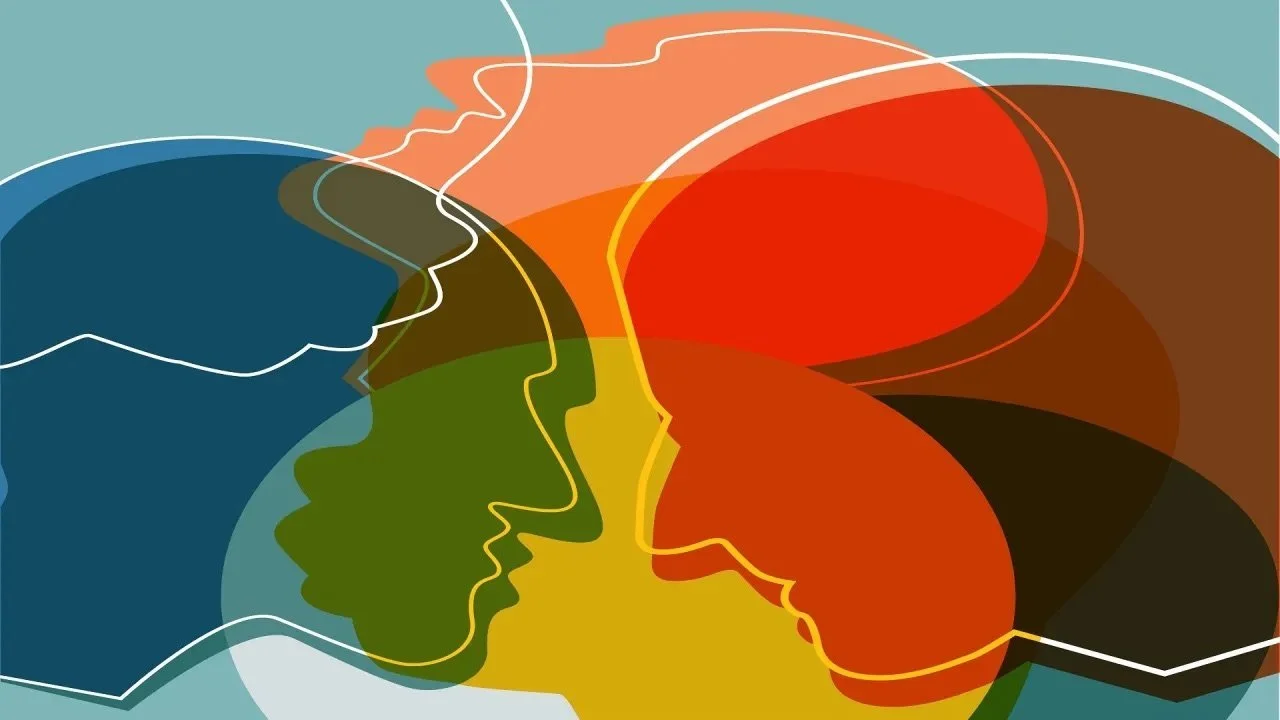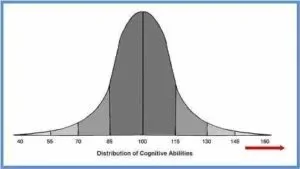Birch Psychology mental health Blog
Birch’s Blog
Dialogue with us
Group Therapy: You Don't Have To Go it Alone
What do you think of when you hear the word “therapy?” What kind of setting do you picture? Chances are high that you probably picture two individuals across from each other talking. While that can be what therapy looks like, it doesn’t always have to look like that. Group therapy can often provide certain benefits that you don’t get from individual therapy.
The Case of the Winter (and Summer) Blues
Spring is almost upon us here in the Northern Hemisphere, and with that means a few more sunny days and hours of sunlight, something that I’m sure a lot of us have been counting down the days for. You might have heard about seasonal depression, also sometimes referred to as the “winter blues,” but did you know that seasonal affective disorder (SAD) is something that is actually recognized in the Diagnostic Statistical Manual of Mental Disorders (DSM)?
Talking About Mental Health is Healthy!
As much as we hear that the stigma towards mental health is decreasing, it can still be really scary talking about your mental health, or even asking others about theirs. It was only until very recently that I felt nervous starting and having those conversations with the people I care about too, and sometimes, I still find myself struggling! It’s totally okay to find those kinds of conversations daunting.
Healthy Relationships Start with Healthy Boundaries
Setting boundaries can be hard. How are you supposed to know what they should be? How do you let someone know what your boundaries are? In what situations should you set boundaries? These are all questions that many, many people have had; they’re questions that I have had as well.
How Gender Can Sometimes Define Diagnoses
Mental illness does not always show up the same in biological men and women. In fact, this is why men and women often go years, if not their whole lives without receiving an accurate diagnosis. Historically speaking, much of the information that we have on diagnostic criteria is based on research conducted on Caucasian, cisgendered, and heterosexual biological males. With that in mind, it makes a lot of sense that the results of that research do not necessarily apply to everyone with a certain mental illness.
Sleep: Chicken Soup for the Brain
Here’s a fatiguing fact: roughly 3 out of 5 Americans said that they hardly ever wake up feeling rested. Considering sleep is so integral to a healthy functioning of our body and mind, that statistic is mind-boggling! During sleep, our brains conduct important tasks that influence our mind and body’s functioning the next day. Not getting enough sleep means your brain doesn’t have enough time to do what it does best, which can lead to a number of physical health issues such as increasing risk of common infections like the cold and flu, but also of things like heart disease, stroke, and obesity.
Validating Your Physical Experiences with Mental Illness
For many, the journey to getting help can start with a conversation with a counselor, a therapist, or a social worker. For others, it begins with a visit to a doctor. For some, the first thing one might notice about their mental illness is the physical symptoms they have. Headaches, upset stomachs, insomnia, fatigue, and even pain all could potentially be signs of mental illness.
A Mindful Start to the New Year
At times, everything can feel overwhelming. If you ever feel like you struggle to feel present in the moment or if you feel like you are constantly just rushing to be somewhere or do something, practicing mindfulness for even a few minutes can help to bring you back to awareness of the present. Beyond helping to manage stress, research suggests that mindfulness can even help reduce levels of anxiety and depression, alleviate pain, can aid in lessening symptoms of addiction, and can even be helpful in improving quality of life for individuals with cancer, hypertension, and other chronic illnesses. But what exactly is mindfulness?
What is Self Injury?
TW: Description of Self Injury
It comes in many forms, with cutting being the most prevalent. Cutting can be superficial but sometimes can cause bleeding, scars, and the need for medical treatment. Some people self-injure through hitting themselves, with or without an object, causing bruises or other injuries.
Don't Think Negatively
This article isn’t necessarily about thinking positively. Instead, it’s about the concept that our subconscious minds cannot process negative statements.
Sensory Processing Disorders
A sensory processing problem is often associated with Autism Spectrum Disorder or ADHD, however it can be much broader than that. Sensory processing is a term that refers to a person’s nervous system receiving and interpreting information that is received by the senses and translating it into appropriate motor and behavioral responses.
Holiday Stress!
“Tis the Season to be Jolly,” but for some people, it’s a season for stress.
The hustle and bustle of the holiday season can add an additional layer of stress to an already overworked, overscheduled, overtired person. On top of grocery shopping and meal planning, people are expected to shop for presents for family and friends and plan extravagant holiday meals.
How to "Handle" the Holidays
We have a lot of people in our lives who care about us and who we care for in return. The only downside that can occur is that sometimes, we run out of time and energy to give to all of them. So, we give all that we have and don’t save any for ourselves, causing emotional anxiety, sadness, and other concerns. How do we do the best for ourselves and others in a losing situation?
New Year's Resolutions
Almost everyone makes them, and some people are able to work hard enough to see them through. Resolutions in the new year are a great way to accomplish changes that you are wanting to make. Having a new year as a fresh start can be really refreshing mentally and can give you that boost of motivation to get things started.
Autism and Mental Health
Because autism is a developmental condition, abnormal behaviors are often prevalent. This may stem from the child being unable to communicate thoughts and feelings. It could also be because they do not know how to manage those thoughts and feelings. This causes those children to either act out, scream, and become physical, or for them to become quiet, distant, and seclude themselves. Parents and therapists can work together to implement behavior modification strategies.
Thanksgiving and Mental Health
Thanksgiving is about stopping and being thankful for things in one’s life. However, when someone struggles with depression, this can be difficult. When there’s little hope, no way out, so much hurt or loss, or daily tears, it can feel impossible to be thankful for anything.
Couples Counseling: Marriage Therapy
“That’s it. I’ve had it. We need counseling.” Unfortunately, many couples turn to counseling as a last-ditch effort to try to save a relationship. By the time they’re in front of a counselor, there is so much hurt, loss of respect, and even loss of love, that oftentimes it’s near impossible to recover from that state. There are too many issues often combined with a diminished motivation to put in the effort required. If more people realized that relationship counseling is more beneficial as a form of prevention, then more relationships maybe would be longer lasting.
The Effects of Giftedness
Intelligence is held in the highest regard in our society- something that is prized and cherished. Therefore, being identified as intellectually “gifted” is seen as something to be very proud of. However, there are special “downsides” and considerations to be had for gifted children that deserve attention and exploration. Just because a child is intelligent does not mean they will not struggle.
I am dedicating this very personal and informal article to parents of gifted children and to other gifted adults- to share my experiences in the hopes of providing some light.
Laughter is The Best Medicine
No joke. Laughter is good for you.
There’s an old saying that “laughter is the best medicine,” but it is scientifically proven to be true! Laughter releases chemicals in the brain that can reduce stress levels and it can even improve overall mood and reduce pain. It triggers the nervous system to recognize being in a safe situation and is calming and relaxing. It increases circulation but decreases blood pressure. Numerous studies have been done that show how laughter helps in specific health conditions such as diabetes, COPD, arthritis, and cancer.





















